2017 is a wonderful opportunity, being the 50th anniversary of the Outer Space Treaty, to bring to the public attention the theme of the expansion of civilian activities and expanding civilian rights into the Outer Space.
Trying to be coherent with the commitments we took in our last congress, a few months ago, we are developing several projects, in different countries, naming just some of these initiatives:
– a primary Space Renaissance Tour in Nigeria, next October
– an event at USIP, in the USA, to celebrate the 50th anniversary of the Outer Space Treaty, and solicit a revision and further implementation of it
– a similar event in Italy, in collaboration with ASI and ESA
– conferences in the UK, with universities in Glasgow and Edinbourgh
– developing Space Renaissance Academy, an high profile Institute for education and outreach.
Elon Musk, Leonardo da Vinci and Wernher Von Braun
Renaissance years are never easy, as history teaches us, and this historical phase is manifesting more and more hectic and contradictory, if not chaotic, events. Political turmoil and movements came about centuries ago, and are doing so again, dividing countries, and offering simplistic answers to complex problems, pushing for change. In fact, today our world looks like a bubbling cauldron, where the global communication network allows the diffusion in real time of information on everything that happens.
Space Renaissance is both a goal and an astronautical humanist association: our mission is to accelerate the kickoff of the expansion of civilization into space. Sadly, history tells us that undesirable violence and injustice seem to inevitably accompany all advances the renaissance might bring to humanity, but that does not mean we must stand quietly by when this happens. We do not agree with the violence and so promote peaceful, collaborative civilian space development as an alternative to military interests.
A survey on space tourism
In the near future it may be possible to buy a ticket and travel into space. Indeed, several people have already done so. We would like to know how much you are willing to pay for a trip into space, what kind of trip you might like to take, and how much risk you are willing to accept.
The SRI Board announced a position paper on civilian space development
The SRI Board announced a position paper on civilian space development. At their meeting on Saturday December 17th, the Board of Space Renaissance International (SRI) approved a position paper on civilian space development, and kicked-off the organization of the “Space Renaissance Tour”. The paper focuses the priorities of the international space advocacy association for the next four years.
Crowdfunding for a Space Renaissance Tour, to support the Renaissance vs. new Middle Ages
SRI started a world wide crowdfunding campaign, to support the development of the Space Renaissance Tour. The main themes of the Tour will be: establishing Low Cost Access to Earth Orbit, addressing the issues of the Protection of Civilian Life and Health in Space, and advocating for a suitable set of Laws for the global governance of activities in Outer Space, i.e. to collate, and extend international civilian rights in space. The 50th Anniversary of the Outer Space Treaty, recurring in 2017, will be a key subject of this four years program.
Moritz Bierling (Exosphere) interview to Adriano Autino, President of Space Renaissance International
Moritz Bierling (Exosphere) interviewed Adriano Autino, President of Space Renaissance International, in the frame of the Exosphere show called “The Creative Economy Interviews”. Autino talks about the Renaissance, begun 500 years ago, now aiming to outer space.
To make the meaningful steps of civilian expansion into outer space during next ten years is very urgent: low cost access to orbit, protection of life and human health for civilians passengers and settlers, a coherent space law system, to rule the commercial civilian activities in outer space.
The change of paradigm, now feasible, from military space exploration to civilization expansion into outer space. This is our presentist vision: the future shall be now! Traditional futurism, that used to promise a brilliant and distant future, is now obsolete. Humanity needs that brilliant future, now.
We recently had a very good methodology lesson by Elon Musk, CEO of SpaceX: let’s do what we can with the technologies we have, which demonstrated that we can certainly achieve immediate results.
The space frontier is opening! The outcomes of the SRI 2nd World Congress
The Space Renaissance International 2nd World Congress took place on skype, since September 30th to October 2nd 2016, and it was a great event, with participants from all Continents. The SRI first World Congress had been held five years ago, in 2011. Since then, many things have changed, finally the space frontier initiated the opening process. The fully reusable rockets’ had first successful experimentation, this year, and the obsolete monopole of spendable rockets is finally broken. Fully reusable rockets are now a reality, thanks to a collaboration between the new space industry — Elon Musk’s SpaceX — and NASA.
DEVELOPMENT IS A HUMAN RIGHT – AN OPEN LETTER TO UNITED NATIONS
Thirty years after the Declaration on the Right to Development, we have to acknowledge that many analysts paint a dismal picture of the status of civilization in spite of meaningful advances in education, longevity, civil rights, malnourishment, poverty and in other critical societal areas.
Though there are places and situations that world’s media highlight as examples of worsening conditions and inequalities and obstacles to development, UN statistics show clear and gradual improvements. Yet, there exists new threats to human development that must be dealt with, such as serious environmental issues, increasing scarcity of material and energy sources, that are becoming more and more evident and serve to enhance conflicts, terrorism and migration fluxes.
We identify the problem of a growing human population within the closed system of planet Earth as the main cause for the worsening of all the well-known global problems which concern the UN and national governments across the world. …
In the framework of the 2nd Space Renaissance International World Congress, September 20 – October 2, 2016: AN OPEN LETTER TO THE UNITED NATIONS
We will not be astronauts!
Space Renaissance International will hold its 2nd World Congress from September 30th to October 2nd. The Congress will be held online, via SKYPE chat, 3 hours per day starting at 15:00 GMT. The title of the congress is “From Space Exploration to Space Settlement”. Our main goal is to update our analysis and strategy, and to share this discussion with the highest number of renaissance men and women, that we are sure greatly outnumber SRI supporters, worldwide! We propose that world leaders need to understand that humanity urgently requires a change in direction from exploring space to developing civilian activities in space, finding ways to create human space settlements. A global renaissance is fighting the global crisis, producing social, technological and scientific transformations: in order to win, it needs to be taken off planet, to be a space renaissance!
Additive manufacturing: a disruptive renaissance technology!
A short reportage—and a few considerations—of the Additive Manufacturing workshop that ran from July 20th to July 22nd 2016. The workshop, organized by ASI, took place in the auditorium of the Tor Vergata branch in Rome. The initiative—relying on the expertise of Roberto Formaro, head of ASI’s Technology and Engineering Division, Danilo Rubini, and their staff—has without doubt been a success.
During the course of three days, it has seen more than 300 participants, mostly from the industrial and academic fields.
During the workshop, about fifty speakers have taken the floor. Of these, the 60% were representatives from industrial or technological research entities, 30% from universities, and 10% from research institutions.
Would you believe it possible that, during this seemingly endless economic crisis, in Italy of all places, an industrial sector is seeing growth rates in double figures? Well, this sector exists, and it is called Additive Manufacturing.
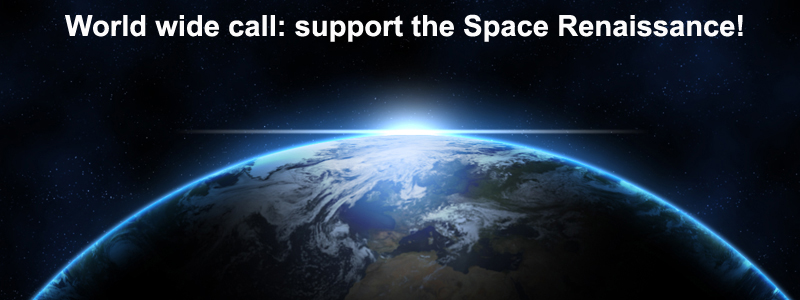

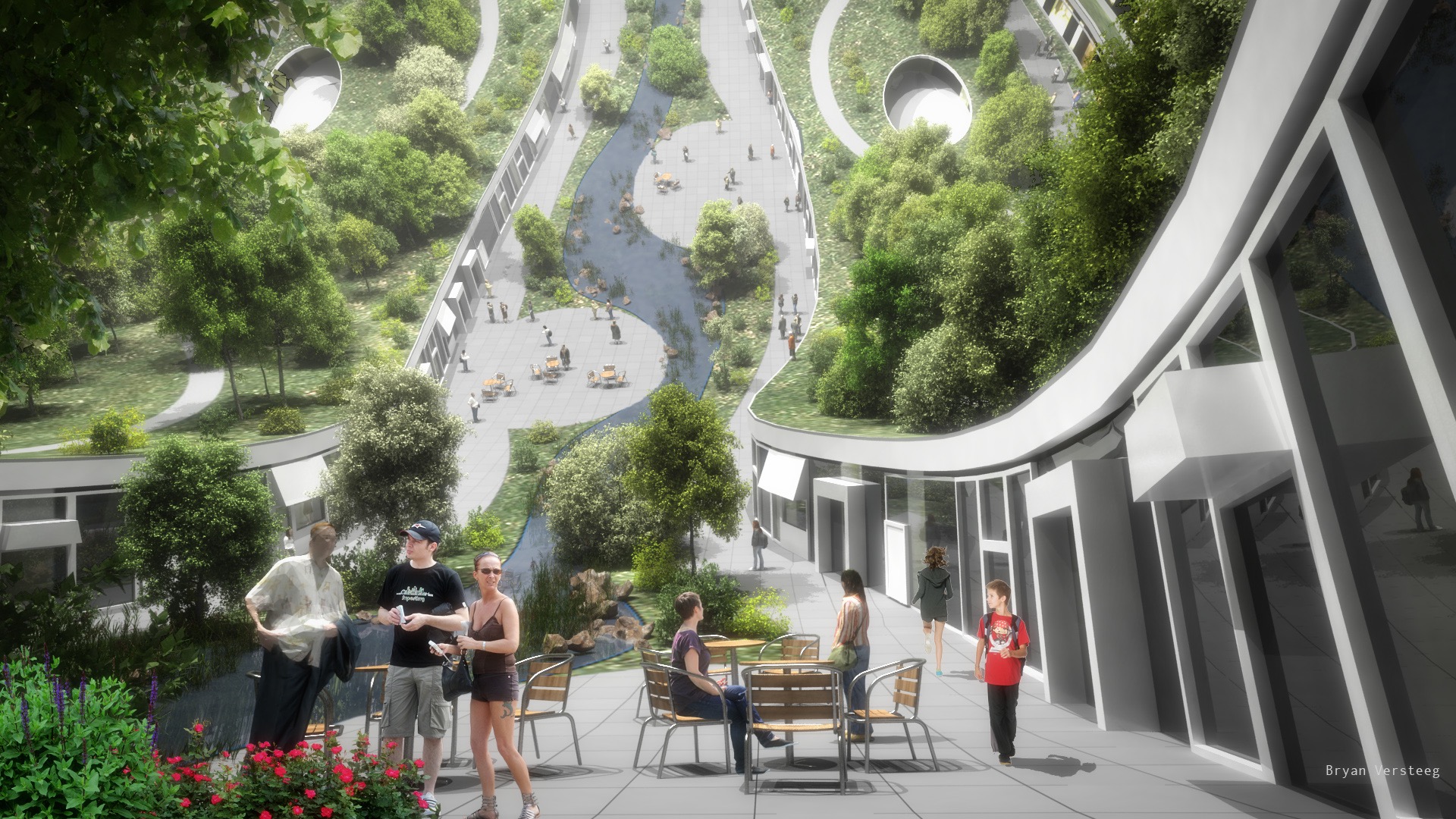
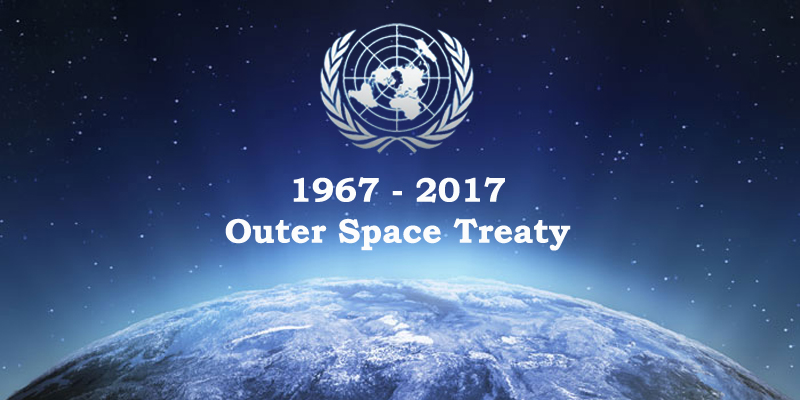
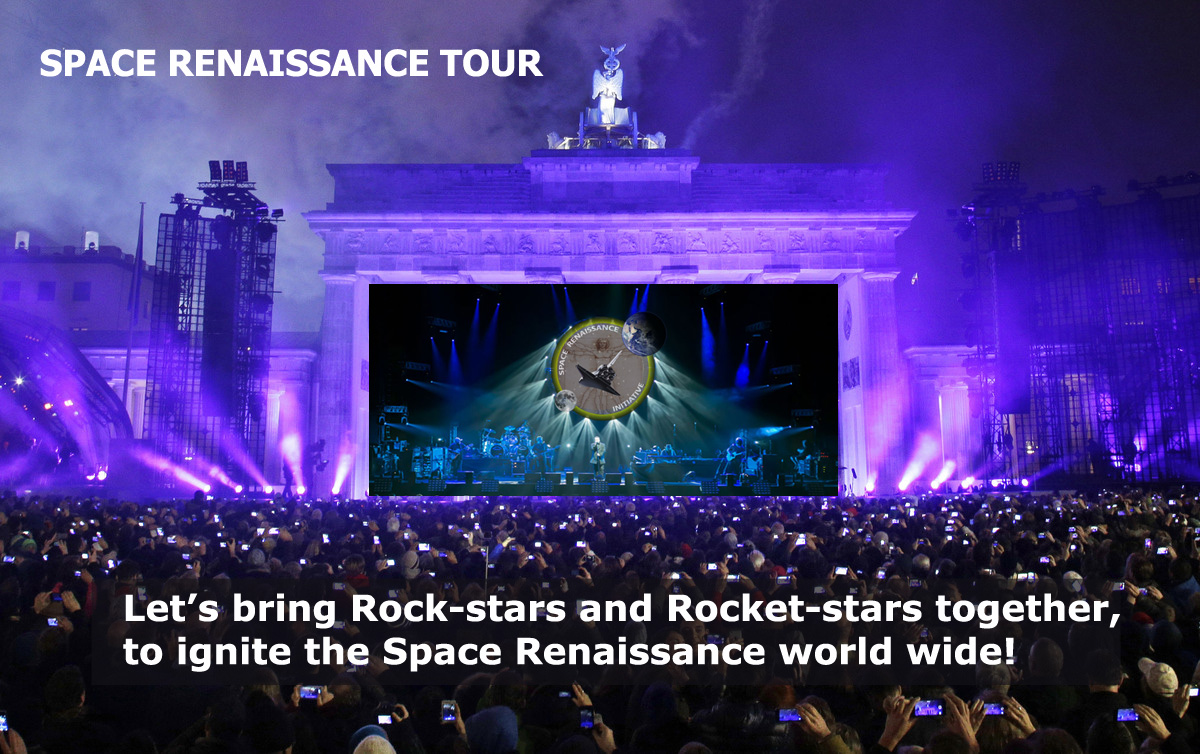
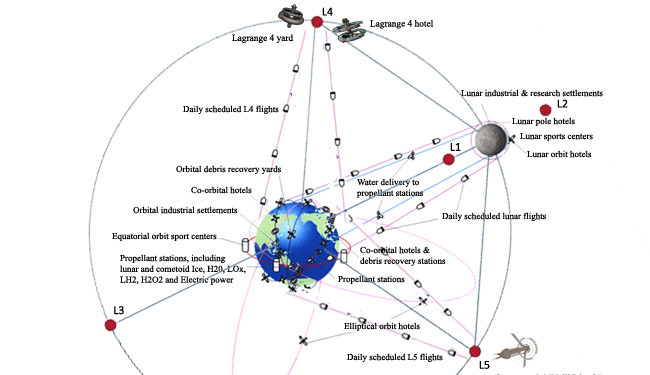
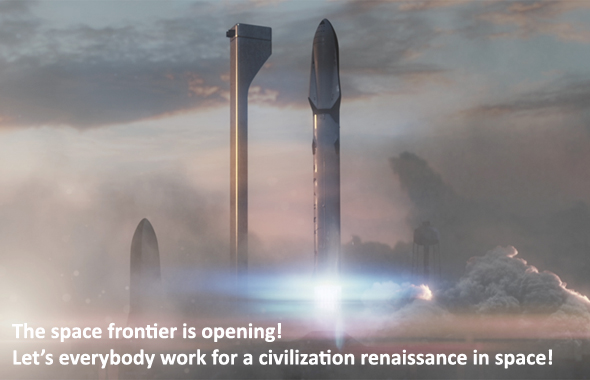
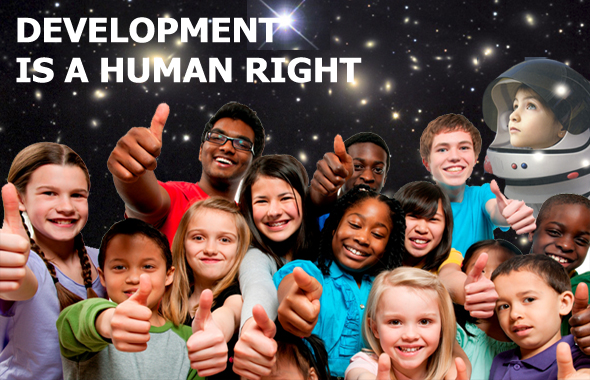
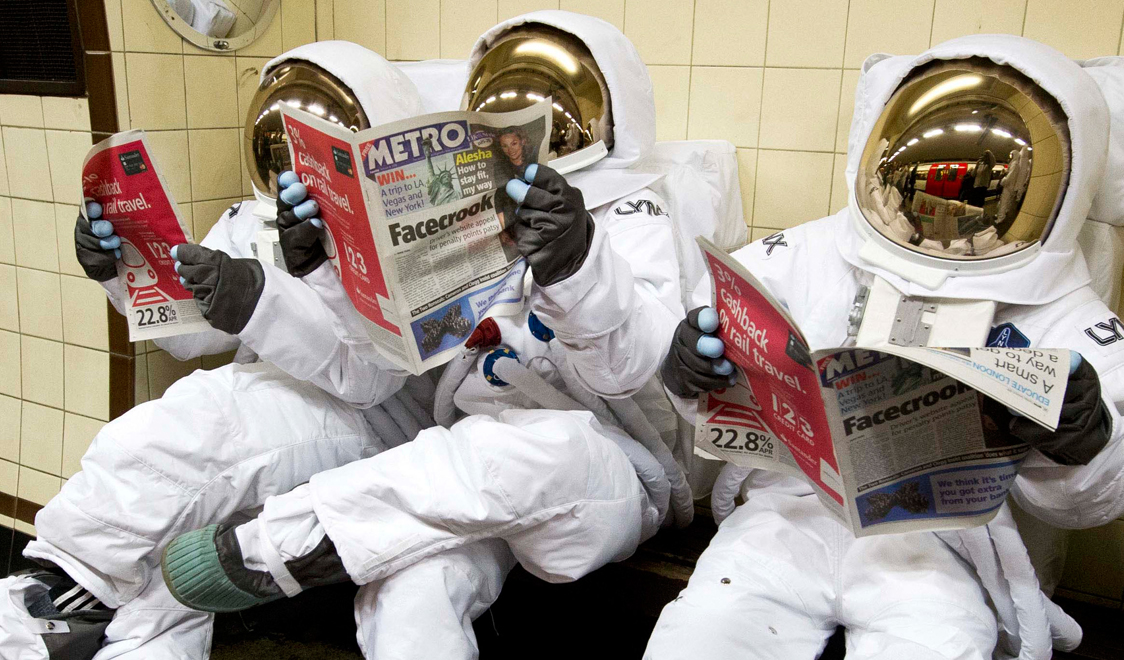
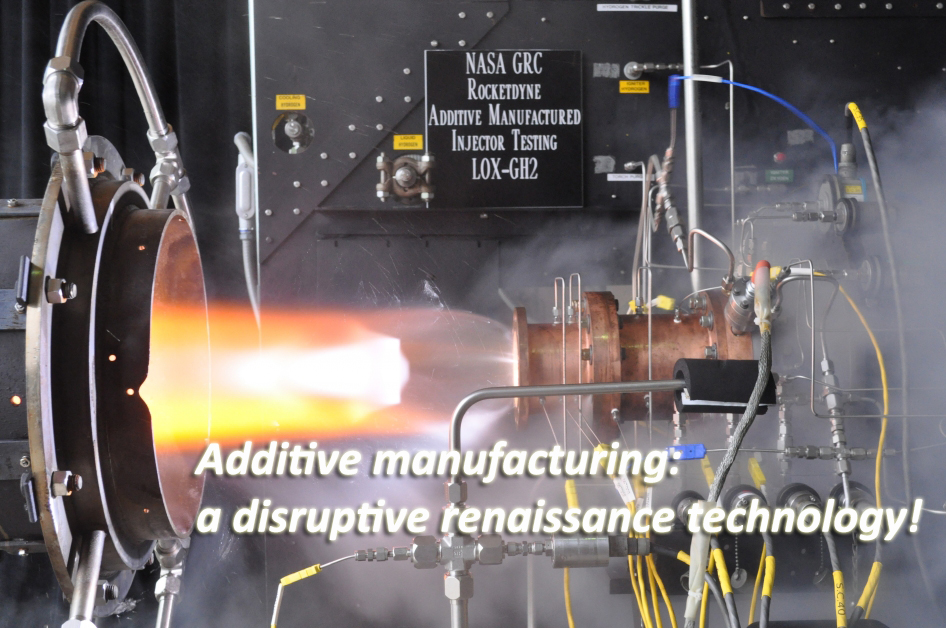


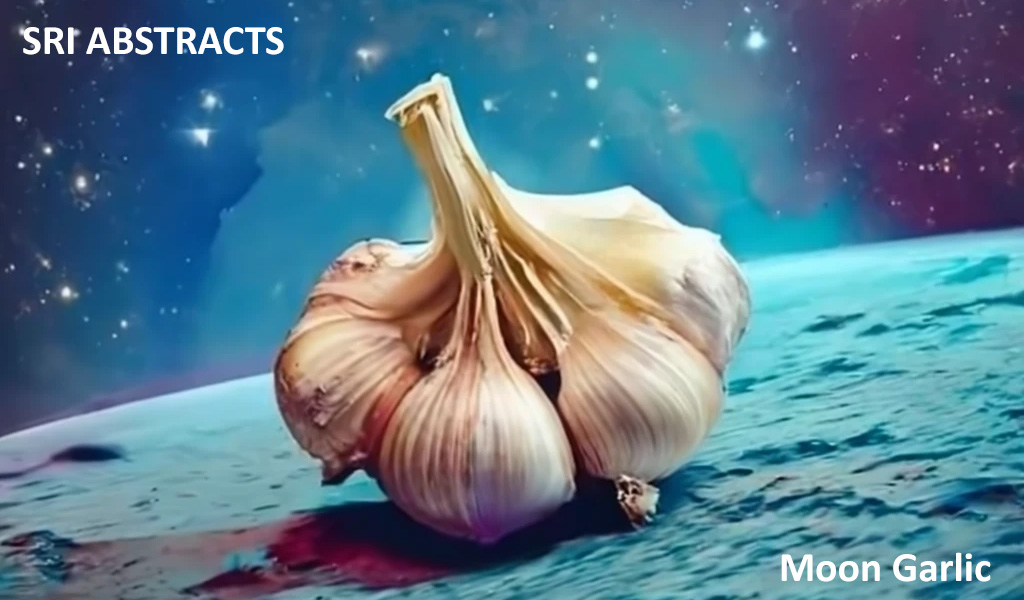





 Space Renaissance France (French Chapter of SRI)
Space Renaissance France (French Chapter of SRI)  Space Renaissance USA, Inc. (USA Chapter of SRI)
Space Renaissance USA, Inc. (USA Chapter of SRI) Space Renaissance (Italian Chapter of SRI)
Space Renaissance (Italian Chapter of SRI) Space Renaissance Academy
Space Renaissance Academy Space Renaissance Initiative Group
Space Renaissance Initiative Group